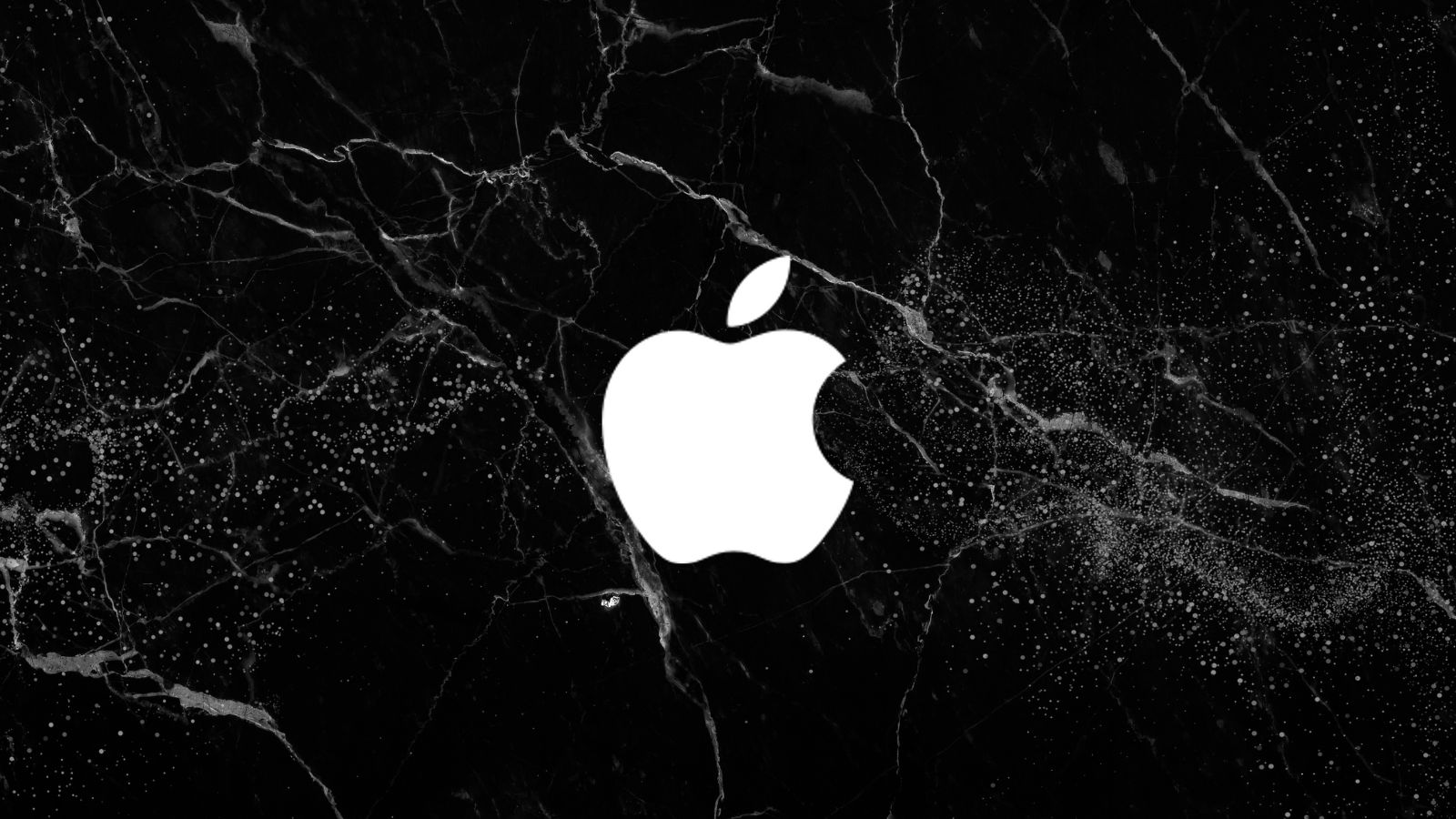
ACLU Calls CBP’s Plan for Airport Facial Recognition and Surveillance a “Disaster”
- ACLU wants the CBP proposal for the deployment of facial recognition systems on entry points rejected.
- CBP wants to take photographs of people’s faces and keep them stored in a big database for at least 75 years.
- Biden is called to decide his stance on the immigrant matter, public surveillance, and use of AI-powered facial recognition.
The American Civil Liberties Union (ACLU) has filed an objection to the Customs and Border Protection (CBP) plan to deploy facial recognition systems on all airports, seaports, and entrance points across the United States. The CBP submitted its proposal last month, suggesting that everyone should be photographed upon their entry into the country and also when they depart from it, claiming the “typical” reasons of national security, identity verification, and crime suppression. However, the privacy violations and the still-unsolved bias problems were barely even touched in the proposal.
ACLU believes that deploying such systems will create a dystopian environment where nobody can stay anonymous, hurting people in need like immigrants who seek a better future for themselves and their families, discriminating against people of color, and generally violating their basic human rights. The CBP wants to keep the “faceprints” stored in government databases for up to 75 years, possibly even longer, increasing the chances of these people falling victims to unjust actions even more.
The plan sounds scary when considering that facial recognition systems aren’t reliable at the moment, misidentifying people, demonstrating bias against those of color, and generally showing great inconsistency. Adding the fact that there’s no clear legal context to regulate these systems, and you end up with a very risky mix. ACLU calls the plan unjustified, unnecessary, and straight-out dangerous. Also, they consider the approach sneaky, as images of people’s faces can be taken without consent and from a distance.
This constitutes “secret surveillance” in public, something that may very well not be limited to those entering or exiting the country, but everyone. The problem, though, is more critical for minorities, activists, journalists, and people who are more sensitive than the average citizen.
The CBP was greatly empowered during Trump’s presidency, and its role got a borderline cruel character against immigrants, in full alignment with the administration’s political stance on the matter. With the baton passed to Biden now, though, CBP’s direction could change, but no clear signs have been given yet.
Biden’s ideological background calls for greater respect towards civil liberty rights, but on the other side, it’s not that surveillance wasn’t a thing during previous Democrat terms. Hopefully, what CBP proposes will be rejected as far too fetched and unnecessary.








